By: Martha Molfetas
Impact Wins: these days, it can seem like good news rarely happens - especially in relation to climate change and the environment we all rely on. Once a month, you can expect a blog from us that features some good news on climate action and environmental protection.
There is potentially no bigger climate win than divestment. It's a word that's been in the news a lot lately. Divestment is when one pulls investments out of something. Another term thrown around in conjunction with divestment is 'stranded assets', that essentially means an investment that is no longer profitable. In the case of fossil fuels, this means diverse stakeholders are taking their money out of their fossil fuel investments and putting it into other arenas, largely because of two reasons. Number one: they see fossil fuels as an unsafe bet in the long haul, or a stranded asset. And number two: they want to stop funding one of the biggest reasons we are now dealing with climate change.
This month, Ireland became the first country to commit to divestment from fossil fuels. This is a pretty big deal. Here in the US, our government actively funds fossil fuels, to the tune of $20 billion each year. Globally, our governments give $5.3 trillion a year in subsidies to fossil fuels. That's your tax money at work. It makes it hard to fight climate change when we're still largely funding fossil fuels to make the industry profitable, in the form of both subsidies and investments. Across the world, organizations of all types and all sizes are committing to divesting $6.16 trillion from fossil fuels, with individuals committing to divest $5.2 billion. Over the last year, universities, unions, and cities have all announced plans to divest their pensions and other managed funds away from fossils.
- Ireland passed the Fossil Fuel Divestment Bill this month, and will be divesting $10.4 billion of public funds away from fossil fuels.
- Norway's $1 trillion Sovereign Wealth Fund has also committed to divestment, removing all oil and gas stocks from its portfolio.
- In the UK, the Royal College of General Practitioners (association of medical doctors) announced this week they will divest from fossil fuels. In a statement, they said, "It is no longer acceptable to be associated with the industry that has brought us to the brink of a public health emergency."
- Early this year, NYC announced a plan to divest their pension funds from fossil fuels, amounting to $5 billion in assets. In tandem with that announcement, the City's government filed a lawsuit against leading oil companies for their role in climate change, specifically to shift the burden of climate resiliency away from communities and onto oil companies.
- In the UK, the University of Edinburgh announced that they will be divesting their £1 billion endowment from fossil fuels; they currently invest $150 million in carbon neutral industries and technologies, with the hope of being completely carbon neutral by 2040.
- In the US, John's Hopkins announced they would divest from coal.
These stakeholders are all putting their money where their mouths are. Fossil fuels are on the way out, here's to hoping that within the next generation, they are as obsolete as the dinosaurs that created them.
***
Ready to make an impact? Take our Impact Pledge and commit to learn, share, and act on climate change and environmental justice.
Photo by: Martha Molfetas

